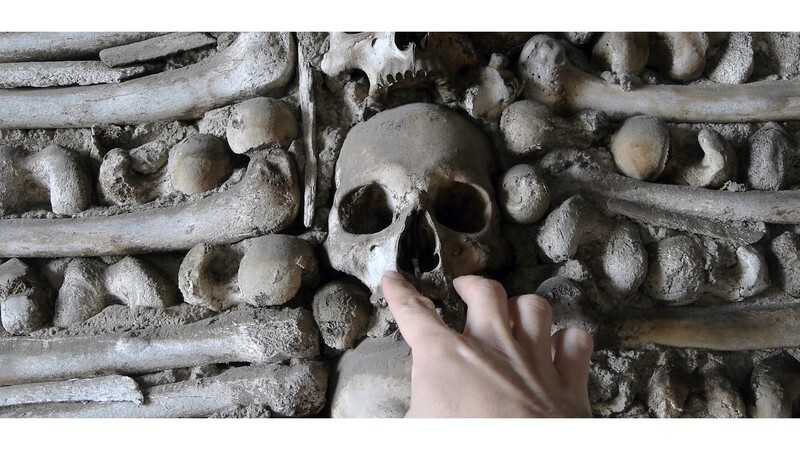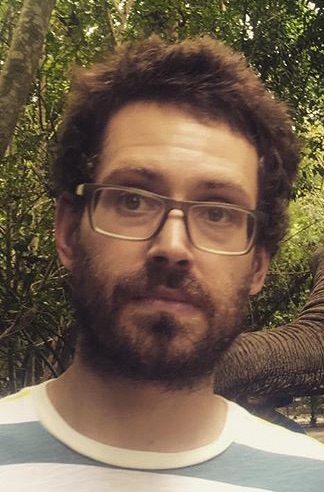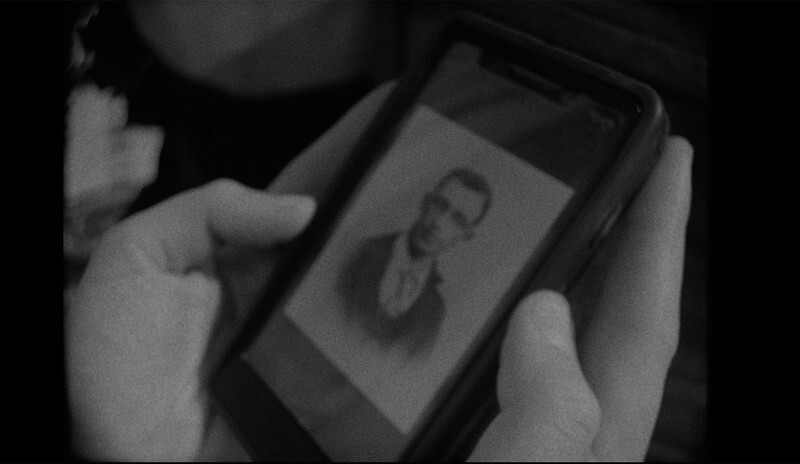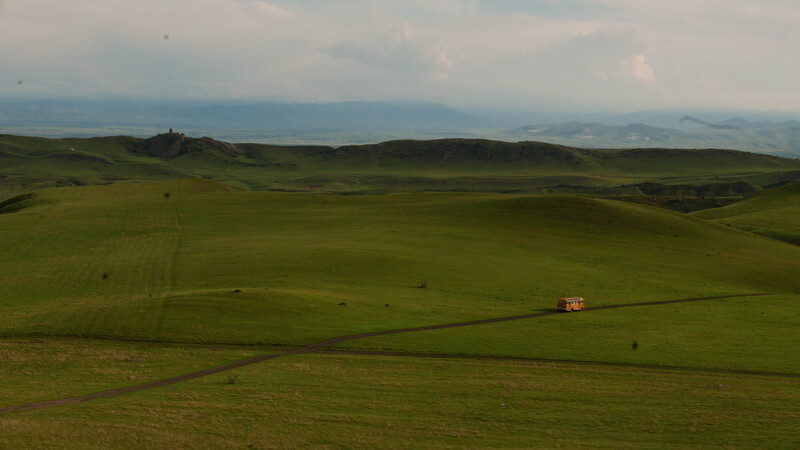Day 32
In July, the NYPD bomb squad was called to inspect a “suspicious package” that construction workers had discovered in the foundation of a building in Manhattan’s Flatiron district. The alarm was not so unusual in the context of hypervigilant post-9/11 New York security culture, to say nothing of the general sense of imminent cataclysm that has marked the months since Donald Trump took office.
On the scene, police discovered an antique missile. It wasn’t a discarded munition or bizarre threat, but something at once stranger and more banal: a time capsule, buried at the conclusion of a 1985 theme party at Danceteria, the legendary post-punk nightclub where Madonna, among many others, got her start. The missile had been stuffed with “messages to the future,” written by party attendees. But their missives had already been rendered unreadable. The building, meanwhile, has since been filled by what its owners refer to as a “fifteen-story luxury office building.”
Messages hopefully sent to a brighter future and received ungratefully in a less than rosy present — this has been a not uncommon fate for time capsules. The Detroit Century box, one of the earliest US time capsules, served as an index of that city’s rapidly diminished fortunes when it was cracked open: “In AD 2000,” one message read, “I think it’s not improbable that Detroit will enjoy a population of fully four millions.” In 2004, citizens of Vulkanny, Russia dug up a time capsule intended for “the socialist society of 2024.”
The capsules still buried in the ground remain investments in future disappointment. Professional historians widely agree that their evidentiary value is virtually nil. The International Time Capsule Society, housed at the Crypt of Civilization in Atlanta, ceased most of its activities in 2016. The famous Westinghouse time capsules buried during the two New York City World’s Fairs, the direct inspiration for Danceteria’s, aren’t slated to be opened until 6939. Few today would bet their contents will ever see light.
“Don’t ask me how or why,” Andre Valentim Almeida says toward the start his film Day 32, “but I want to create an Ark of images aimed to the next intelligent species. A time capsule, our time to the future.” “I know [the ark] is a stupid idea,” he immediately concedes, “but it’s even more stupid not to have an ark.”
Biking through the snowy, windblown streets of Brooklyn in the prelude to Hurricane Sandy in Autumn 2012 — moments recorded, like many sequences in the film, on a GoPro affixed to the filmmaker’s head — Almeida tells us he was seized by thoughts of The End. Maybe it’s the anxious approach of the storm, maybe the prophecy made by the Mayan calendar — not that anyone today need go too far to explain their sense of impending doom.
But the end of the world, as Almeida reminds with us with a text taken from anthropologist Pedro Neves Marques, is not a singular or universal event, but a misfortune distributed unevenly. The contents of Almeida’s ark will be decidedly personal. The film is “made of what [Almeida] thought and read, shot and saw,” between 2012 and 2016, years in which he returned home to Portugal after an extended stay in the United States. The images almost seamlessly blend Almeida’s own footage with videos taken from YouTube; the narration mixing the filmmaker’s own autobiographical and processual notes with material from other writers.
Within the decidedly first-person point-of-view from which the film unfolds, this mixture of the found and the forged creates a kind of uneasy sense of estrangement. “Wherever I am, at whatever place on earth, I hide from people the conviction that I’m not from here,” Almeida intones at one point, borrowing the words from Czeslaw Milosz. This conviction would seem to apply to the camera eye more broadly, neither ever fully subjective nor rigorously objective, but pitched at some alien point between. Almeida’s reliance on the head-mounted GoPro — structurally so close to human sight, empirically so distant — establishes a satisfying metonymy of the uncanny vision mimicked by moving images.
“I started doubting the point of the ark,” Almeida discloses towards the end. The most striking moments of the film occur when Almeida cuts back from his footage to a wider shot, revealing the frame of a laptop screen or the monitor of an editing bay, small and manipulable. Throughout, silhouetted hands reach into the foreground, writhing and grasping to take hold of images that remain forever out of reach. A film that begins with total confidence in the necessity of moving images arrives at profound ambivalence about their capabilities.
Every film is a kind of time capsule of images, but an ark is a different sort of proposition: it doesn’t merely represent a world, but must actually transmit the seeds of its reproduction. “They say humans evolved because of the thumb, but I believe it was the index finger,” Almeida says early on, momentarily establishing a grand significance for this catalogue of small things pointed-out. But the parade of needy, grasping hands continually reminds us that this can’t be true, that the index finger often sublimates a deeper need to hold and possess.
Most of the music we hear in the film comes from classical piano compositions. But at one point, while Almeida is driving, we hear a snatch of M83’s “Midnight City,” a song instrumental in popularizing one of the most ubiquitous tropes of post-AutoTune contemporary pop music. A singer’s voice is pitch-shifted beyond legibility, words transformed into inarticulate sound. It’s something of a cheap ploy to simulate overwhelming teenage emotion, but it’s also a register of the useless cacophony of our present moment, which combines the rapid democratization of expressive media with an increasing authoritarianism of social organization. Words and images alike are cheaper and less effective than ever. Almeida’s film emerges precisely from this context, allegorizing the larger position in which filmmakers who wish to depict the present truthfully find themselves: if the outlook is really so bad, shouldn’t you be doing something more? Yes, he seems to say, it’s stupid to make a film. But it would be even more stupid not to.
|
|
Colin BeckettColin Beckett is an editor and writer. He lives in Los Angeles. He has written catalogue essays for the Ann Arbor Film Festival and the Viennale, and contributed to The Brooklyn Rail, INCITE Journal of Experimental Media, and Flow. |




